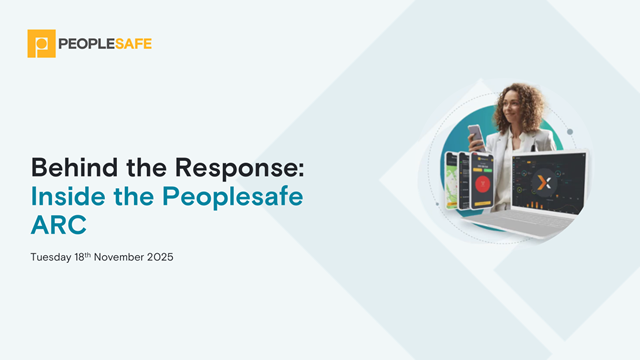Rise in Violence Towards NHS Staff
When COVID hit the country, united in their support of NHS workers, people took to the streets to clap their appreciation. Yet, despite the success of the country’s ‘Clap for our Carers’ initiative, reports still came in of racial abuse, staff being spat on and doctors being punched whilst treating patients.
The coronavirus pandemic led to a rise in aggression towards healthcare staff at a time when they were already putting themselves at higher risk of infection to help protect others. Yet it’s worth noting that violence and abuse directed at NHS workers, both during COVID and now, is sadly nothing new.
By the time we’d reached the end of 2021, an NHS Staff Survey was reporting that 14.3% of workers had experienced at least one act of physical violence in that year – that’s an average of 200 violent attacks a day. In the ambulance sector, paramedics experienced an even higher volume of abuse (31.4%).
While the majority of attacks during the pandemic were motivated by fear – with NHS workers being heckled by stressed and aggravated members of the public – according to additional UNISON and The Nursing Times research from June 2021, as many as three in five nurses (60%) were also experiencing sexual harassment at work. Some of those surveyed said that they were expected to put up with abusive behaviour because it was seen as “just part of the job”. A number of them described it happening so frequently, it became “normal”.
Unfortunately, this would support an argument that says too many hospital workers have resigned themselves to violence and aggression being part of their job. This should never have to be the case.
Some NHS Trusts are combating this issue by introducing new technology. The Derbyshire Community NHS Trust is one of those who have introduced devices for their front line staff.
For an NHS faced with challenging budgetary constraints, one of the most cost-effective ways to protect its people is personal safety mobile apps and devices that support the prevention of incidents, and critically manage issues. Whereas location-based CCTV systems are static and may cost thousands of pounds, effective and inexpensive portable personal safety devices and apps offer reassurance for health workers around the clock, with near instant access to the emergency services.
The NHS operates 24/7 and requires a safety service that is always available to ensure the protection of its staff. Commuting at unsociable hours and working when there is fewer people around presents a significant increase in risk. Providing NHS staff with this kind of failsafe safety support service, can only help to nurture an even more resilient and confident workforce.
NHS Trusts with a personal safety service already in place have seen a noticeable increase in staff confidence regarding safety concerns.
Peoplesafe provides a range of professional safety devices and apps designed to offer the best level of protection, backed by expert Alarm Controllers trained to handle distressing situations. The 24/7 monitored service ensures audio recordings are gathered from every SOS alarm raised, so they allow for evidence gathering in difficult situations, if required.
We also provide body worn camera technology. A feature of these cameras is that they have front-facing screens, so that members of the public can see that their actions are being recorded. This serves as a deterrent to potential offenders, as anyone can clearly see that if they were to commit verbal and/or physical abuse, the camera would collect evidence of that.
Case Study: A NHS mental health nurse was in a GP surgery when he activated his device. Our ARC Controller could hear heavy breathing and shouting and therefore asked the user if they were OK. The user advised that he needed the police, as he had been stabbed and the perpetrator was still on scene. The user’s location was confirmed, and the Controller immediately used the URN (Unique Reference Number) to bypass the 999 system and contact the local police constabulary. The police and ambulance arrived on scene within four minutes.
Alarm raised in the Peoplesafe ARC June 2020




